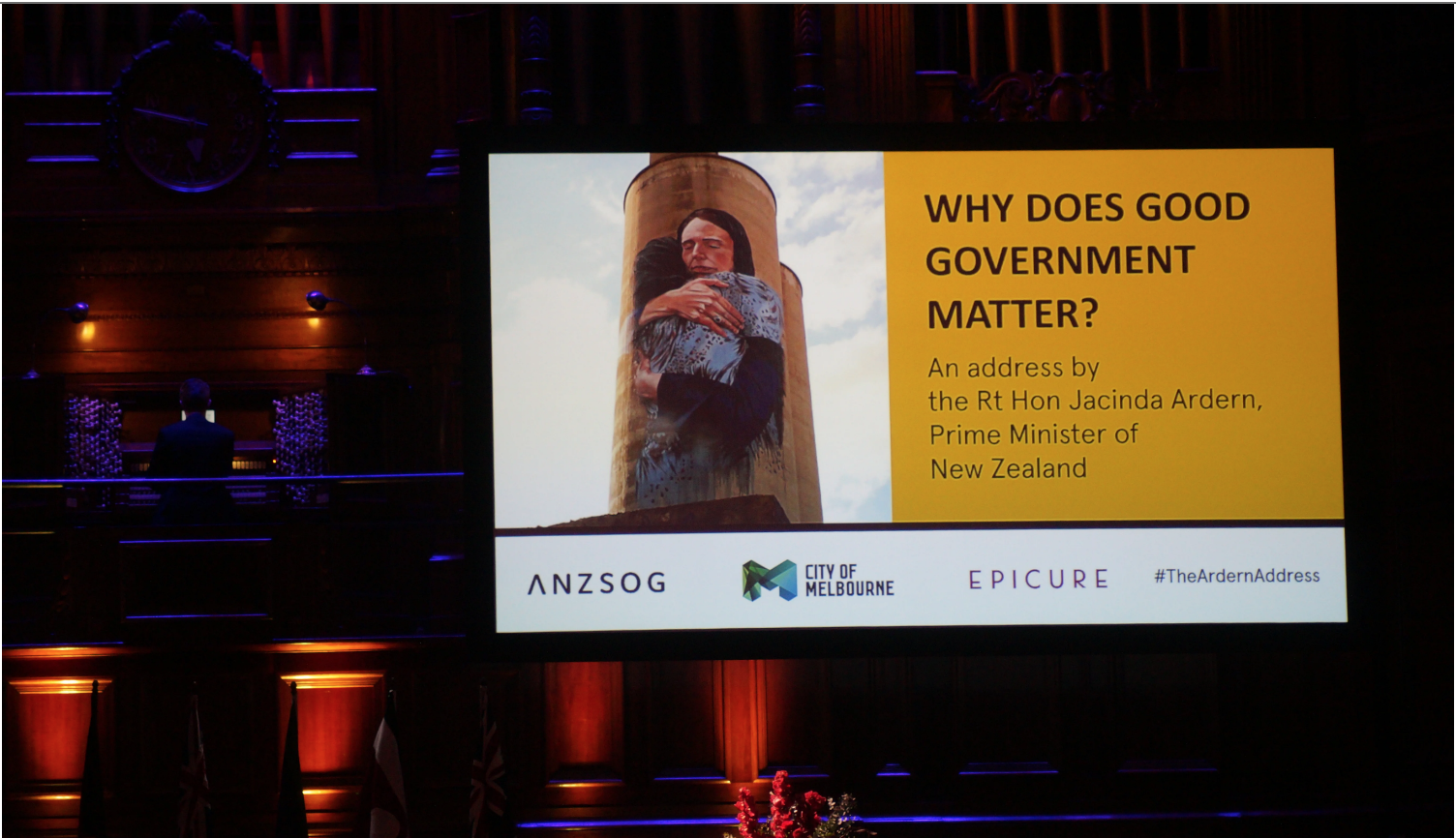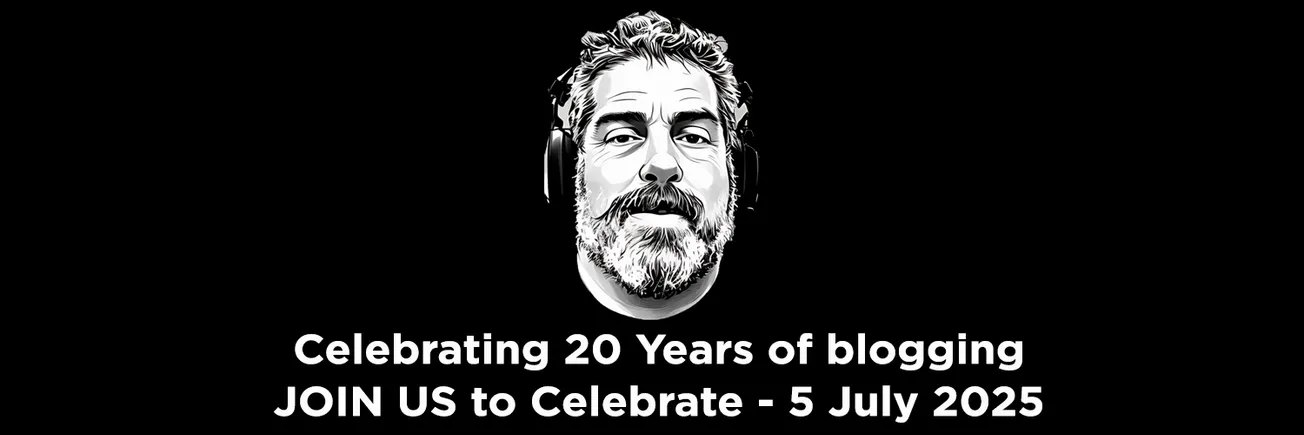Table of Contents
Part Four:
Why does good government matter?
New purpose in the public service
But let’s be honest, our wellbeing challenges cannot be solved in one Budget – or even ten. Public investment is a powerful lever for change, but it’s only one.
We also need to embed the idea of wellbeing in the heart of our public service – how it works, what it prioritises, who joins and leads it.
That is why earlier this year we announced that we would refocus the New Zealand public service to deliver enduring change, more strongly focused on improving the current and future wellbeing of all New Zealanders.
The changes that we are making in New Zealand are not far from many of the key themes identified in the early stages of your ongoing independent review of the Australian public service – including strengthening culture and leadership, increasing flexibility and capability, and a focus on working collectively to achieve better outcomes.
This doesn’t mean our current model is broken. In fact, our public service has a strong international reputation for responsiveness to government, effectiveness for New Zealanders, and integrity.
For instance, New Zealand is ranked second overall in 38 countries assessed on central civil service performance in the 2019 International Civil Service Effectiveness Index.
Closer to home, the 2018 Kiwis Count Survey – published only weeks ago – shows New Zealanders have increasing trust in the public service. Satisfaction with the provision of services is at a record high.
So why are we embarking on the biggest reforms to the statutory framework of our public service in more than 30 years?
It’s simple. We know we can do better.
We know we can build a more modern, agile and adaptive public service. And we know the importance of the constitutional role our public service has in supporting New Zealand’s democratic form of government.
So we are affirming this role – for current and future generations of New Zealanders – in new legislation.
Just weeks ago, our Government announced the most significant changes to the New Zealand Public Service since the State Sector Act of 1988. That will be repealed and replaced with a new Public Service Act. This will underpin a modernising of the Public Service for the good of New Zealanders and make it easier to tackle the biggest challenges facing the Government of the day.
After all, one department dealing with one part of the problem at a time, can’t fix complex issues like breaking the cycle of child poverty and domestic violence, planning for climate change or providing more effective mental health services. They’re issues that don’t fit neatly into a box, and we can only seriously tackle them with a whole-of-government approach where everyone pushes for the same outcome at the same time.
That’s why under the changes, boards, made up of chief executives from relevant government agencies, will be established to tackle cross cutting challenges. These boards, or joint ventures, will be accountable to a single minister and receive direct Budget appropriations. Public servants from across the system will be deployed as required.
One current example of this is the way we are working to prevent and respond to family and sexual violence. This was a major feature of the Wellbeing Budget. Not only did the Government deliver the largest ever investment into this area but we also delivered a new way of working with the initiative being delivered across eight portfolios: Attorney General, Corrections, Courts, Health, Justice, Oranga Tamariki, Police, and Social Development.
But we know we need more than structural changes. As our Minister of State Services Chris Hipkins has said the shift to a single, unified public service approach will be complemented by cultural change with the new Act acknowledging that a ‘spirit of service to the community’ is fundamental to the Public Service.
A unified public sector around common purpose, principles and values is crucial and we believe we can encourage that practically by making it easier for public servants to move seamlessly through the public service as a whole.
Building trust also means a strengthened public service that supports the Government’s commitment to a stronger Maori/Crown relationship, helping improve outcomes for Maori, the indigenous people of our country.
And we want a more diverse and inclusive public service workforce that reflects the communities it serves.
I want to be clear that this is not about a sudden, large-scale system change.
As I said a few minutes ago, New Zealand’s Public Service in good shape. So changes will be carefully phased and managed over time, with a legislative process that will run into mid-2020.
In the meantime, we are getting on with a wider work programme.
To take just one example, Public Sector chief executives are charged with tackling the gender pay gap in the core public service, which the Government is committed to eliminating.
Substantial progress has been made this Parliamentary term. The public service Gender Pay Gap Action Plan, established in July 2018 includes a focus on:
- Closing gender pay gaps within the same roles
- Achieving flexible work by default
- Removing bias or discrimination in remuneration systems and human resources practices, and
- Achieving gender-balanced leadership – something I am proud to say we achieved this year for the first time.
Women now lead some of the largest public service agencies including our Ministries of Education, Social Development, and Business, Innovation and Employment, Corrections, Treasury, and of course the country.
Good government matters in the world
But all of this is of course part of a much wider goal. Building a public sector than can help build good government. But as is so often the case in this sphere – the buck ultimately starts and stops with us, the politicians.
As leaders globally, we are facing a rising tide of public suspicion towards government, a sense that we’ve let the material differences between us stretch beyond fairness, and as a result there are signs of life in old ideologies.
But if we begin at home, if we broaden our idea of good government and act with a sense of fairness of guardianship – and even kindness – of what we in New Zealand call manaakitanga and kaitiakitanga – then I absolutely believe we will make headway on these challenges.
But we won’t succeed unless we apply these same values globally.
For countries like New Zealand and Australia, that means prioritising international rules and norms that work for all countries.
It means encouraging trade, not retreating behind protectionist barriers – trade that means jobs and livelihoods, but also trade shaped by an open, honest dialogue with our communities.
Here, I do think, Australia and New Zealand can be examples to the world.
We share a strong commitment to the rules-based international trading system that is currently under such strain. I welcome and endorse Prime Minister Morrison’s call for countries to mend, not end, this system and to reject the idea that trade is a zero-sum game.
But we can enhance our expectation of the trade agenda to lift labour and environmental standards and prove that they too can respond to the very issues they’re accused of ignoring.
Times may be challenging but I absolutely believe politics can be a place for change, disruption, and a force for good. Good government need not be an oxymoron.
No reira
Tena koutou, tena koutou, tena koutou katoa







